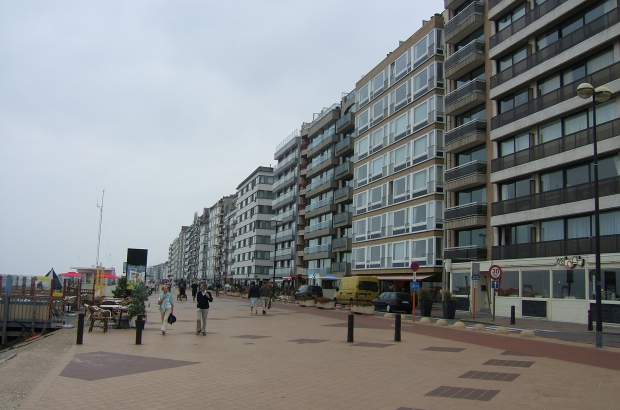- Daily & Weekly newsletters
- Buy & download The Bulletin
- Comment on our articles
Court rules tax on second homes in Knokke is illegal
An appeals court in Ghent has upheld a verdict that a tax on secondary residences imposed in 2020 by the municipality of Knokke-Heist is illegal.
The verdict follows several appeals by homeowners living outside the commune, and will mean that the municipality will now have to reimburse people who have paid this tax.
Belgian consumer organisation Test-Achats, which launched court cases against Koksijde in 2021 and De Panne in 2022 as well as Knokke, said the secondary home tax in the area varied between €644 and €1,239 per year.
According to the municipality, the tax aims to guarantee social cohesion. It also argues that the large number of secondary residences in Knokke and the surrounding villages of Heist, Ramskapelle and Westkapelle increases security costs as more staff are needed for the fire service and local police, particularly during weekends and holidays.
The administration must also invest in social and affordable housing, but the increased number of secondary homes has pushed up property prices. But these arguments were all rejected by the court.
“Price pressure on the housing market is not only the result of the presence of second residences, it is also influenced by many factors, including the attractiveness of the geographical location, the importance of commerce and economy, additional municipal taxes (or the lack of them) and infrastructure,” the court ruled.
The aim of creating social cohesion in the town and its neighbouring villages would not be affected by secondary residents either, the ruling said: “There is no reasonable basis for inferring that imposing a tax on second homes [potentially stopping people wanting to buy in the area as it would be more expensive] would change the degree of social cohesion.”
Third, the court said distinctions could not be made between principal and secondary homeowners: “We cannot assume that [owners of] residences on which no registration has been carried out would use the cultural, sporting and touristic facilities provided by the municipality more than year-round residents.”
Finally the court concluded that the tax rules applicable to second homes violated the principle of equality - in this case between second home owners and proprietors living in the municipality - and were discriminatory.
Photo: PetrusSilesius/Wikimedia. Licensed under Creative Commons




















Comments
So why is it then legal to make people pay a tax on secondary homes in Uccle? All owners pay already a yearly tax foncière anyhow. So why pay an extra tax??
“Finally the court concluded that the tax rules applicable to second homes violated the principle of equality - in this case between second home owners and proprietors living in the municipality - and were discriminatory.”